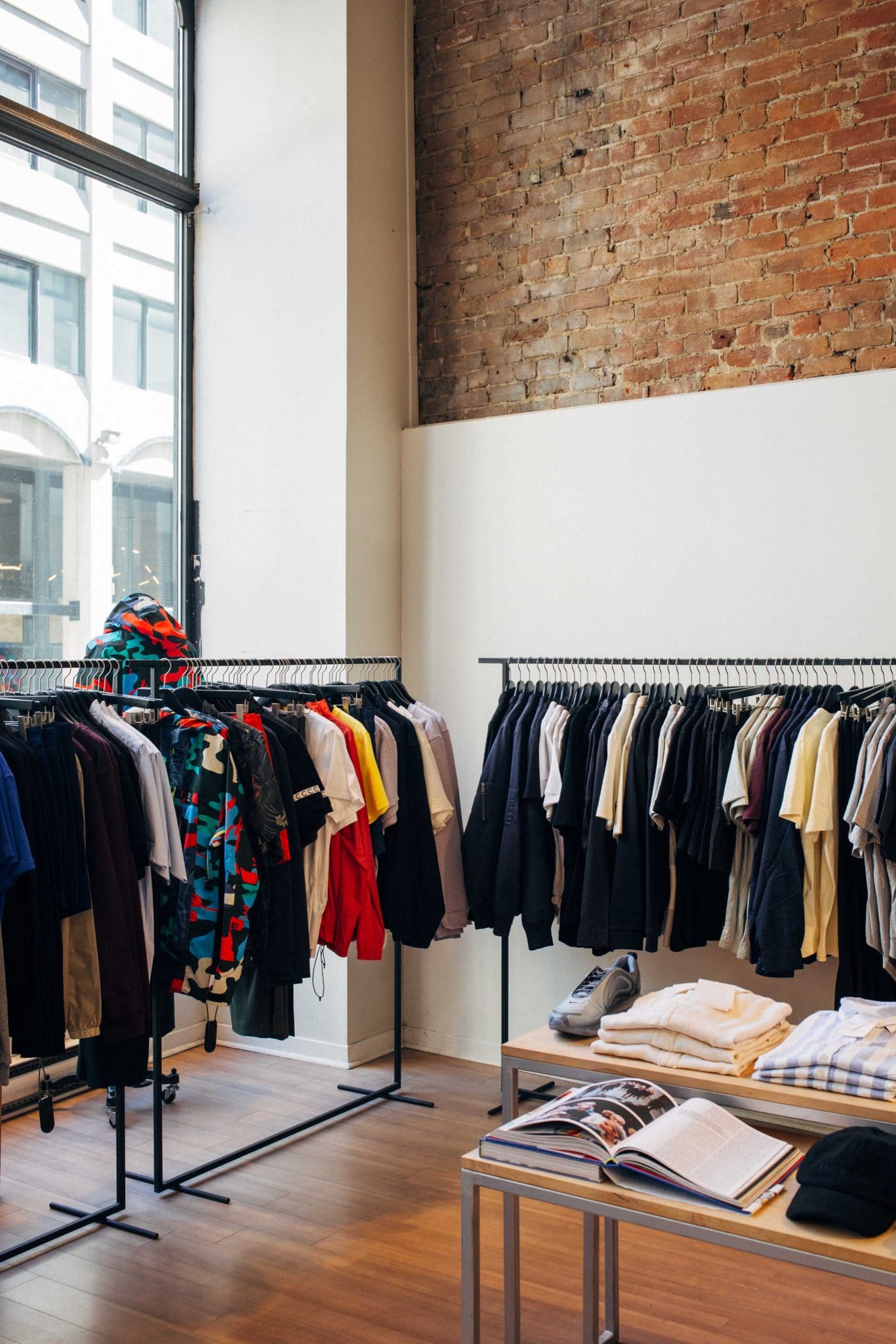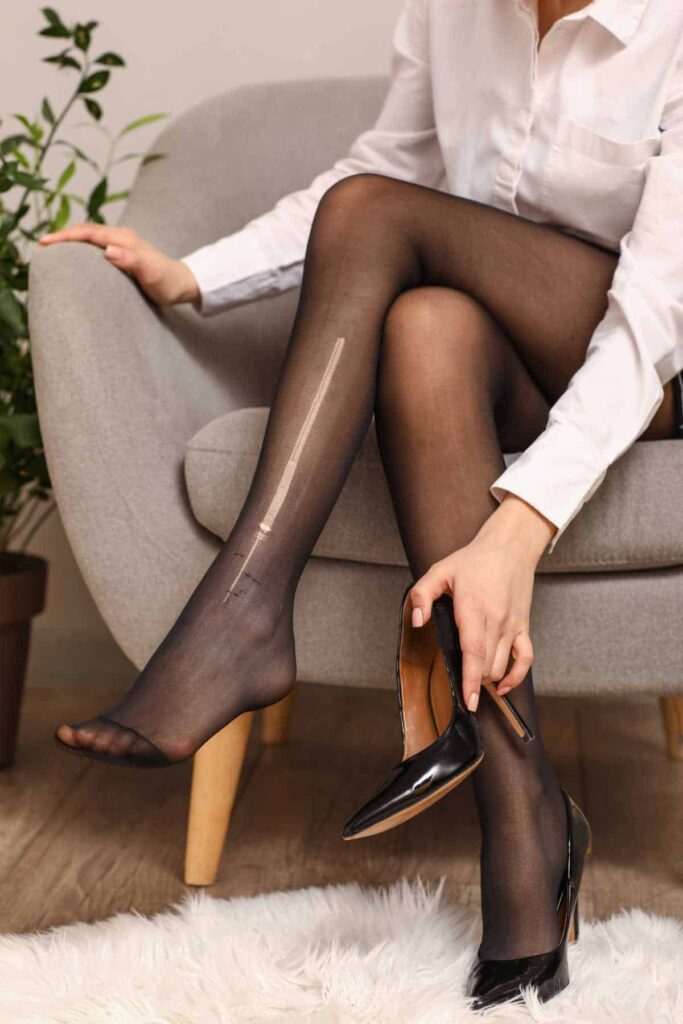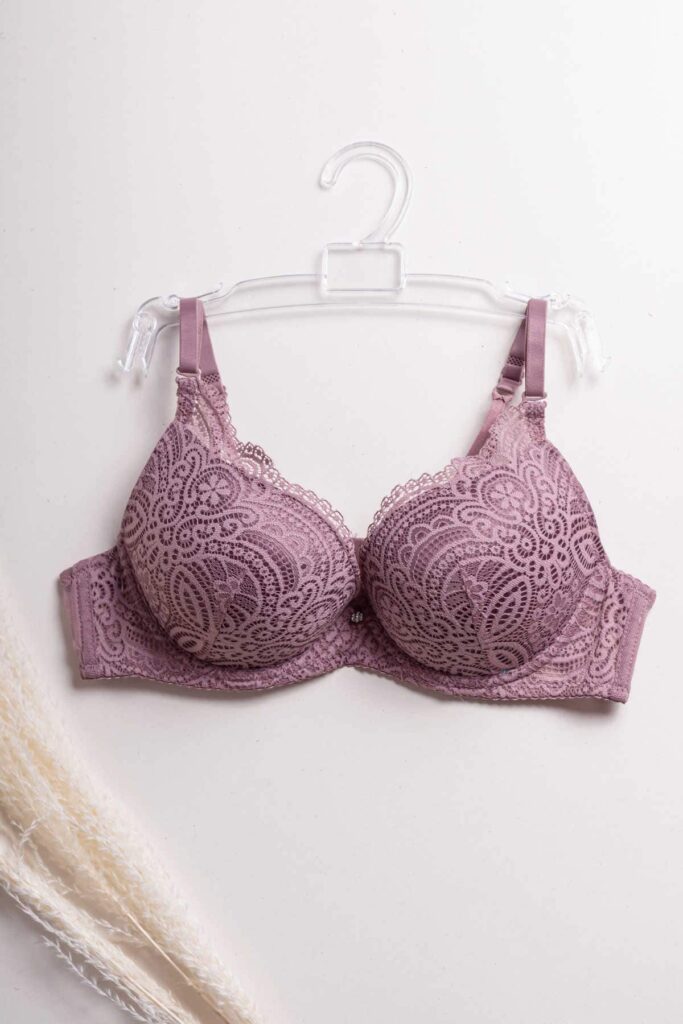Modern Slavery and Fast Fashion in the UK
To support the running costs of Moral Fibres, this post may contain affiliate links. This means Moral Fibres may earn a small commission, at no extra cost to readers, on items purchased through these links.
Today I have a post from Paul McShane of the Immigration Advice Service on the links between fast fashion and modern slavery in the UK.
Earlier in July, a Sunday Times story broke regarding a garment factory in Leicester that was paying workers as little as £3.50 an hour. As the story unfolded, it explained how this garment factory made clothes for the popular online fashion label Boohoo. All the while underpaying its workers substantially.
The article was a result of an undercover reporter working at the factory. Here they witnessed first hand not just the lack of social distancing measures but also the exploitation at hand. They in particular noted a blatant disregard for paying workers the minimum wage and upholding a safe working environment.
The modern slavery story rightly caused consternation. Standard Life Aberdeen sold most of its shares in the company as a result. What’s more, they highlighted that Boohoo’s response to the revelations was wholly inadequate.
Boohoo’s Modern Slavery Case Is Not An Isolated One

But this is not an isolated tale by any means. For many years, fashion labels have had concerning links to workers who are forced to work for low pay, providing the clothing that we wear almost every day. In fact, recently the Guardian reported on how the fast-fashion industry is complicit in the forced labour of Uighur people in China. Here, the Uighurs are working to produce the cotton used for labels as diverse as Adidas, Gap, and Calvin Klein.
Fast fashion, which describes the quick turnover of designs from the catwalk to cheaper high street alternatives, has meant that the general public can access replicas of luxury apparel at prices they can afford. Yet the consequence of such low prices and a consistent cycle of new collections is severe. An estimated £30 billion worth of clothes remain unworn and hanging in many wardrobes across the UK. The industry reached £32bn in 2017; an increase of 5.4% on 2016.
Modern Slavery Techniques
One of the most exploitive modern slavery techniques employed within some fast-fashion supply chains – typically by the raw material provider of cotton or garments that then make the items of clothing – is to take on board both undocumented migrants and international students. These people often accept the low pay and precarious working conditions simply to have some form of income.
To know that 100,000 children in London alone do not have secure immigration status is deeply concerning. Half of those were born here in the UK. Yet they will not be treated as British citizens when it comes to employment. This is of paramount concern as undocumented individuals are forced into such exploitative modern slavery work due to being deemed ‘illegal’.
The Unseen Workforce
During Covid-19, the plight of exploited workers within the fast-fashion industry has become increasingly apparent. Particularly with the Boohoo scandal. Here it was clearly highlighted that many of its supply-chain workers based in a Leicester factory were paid just £3.50 an hour for grueling work.
The garment factory has additionally continued to operate throughout the pandemic, against government guidelines. Fast-fashion retailers can no longer fail to take accountability for those working to provide the very items they reap profit from. Similarly, consumers must recognise the role they play in this. No longer can the British public claim ignorance nor pretend that this is an issue occurring outside of our control. It is happening here, in the UK.
These illicit factories are not vying for the furlough scheme because it is of no benefit to them. Instead, they rely on workers who are in desperate circumstances to work for less than the national living wage.
What Can We Do?
It is essential that brands lead from the front. This means questioning their garment suppliers. It also means investigating the conditions that their workers toil under. Already, Boohoo has seen its value drop by £500M. Particularly as Standard Life Aberdeen questioned their approach to championing workers’ rights. But this change also requires pressure from consumers. Often the only thing those with a mind on profit will listen to.
One of the reasons these premises can thrive is due to workers operating in a climate of fear. As the UK has become more hostile to migrants – with its ‘hostile environment’ policy specifically targeting those who lack the required documentation – concerns of deportation drive these vulnerable individuals to accept such low wages and dire working conditions. This includes those who have been trafficked into the UK. Such a deeply embedded fear of deportation and local authorities increases the likelihood of accepting anything their employer dictates, no matter the wage or working conditions.
It is only through exposing these unacceptable conditions that brands are forced to address this. Yet undocumented migrants recognise that they will be offered no protection from the UK government. They know they will instead likely face punishment. This makes it inevitable that exploited workers remain silent, allowing such modern slavery practices to thrive.
The government may have made noise regarding how abhorrent such working practices are. And yet they fail to address the very immigration policies which feed this vicious cycle. To make real, substantive change, the hostile environment policy must be scrapped and fast-fashion retailers must be held to account.
Found this post useful? Please consider buying me a virtual coffee to help support the site’s running costs.




